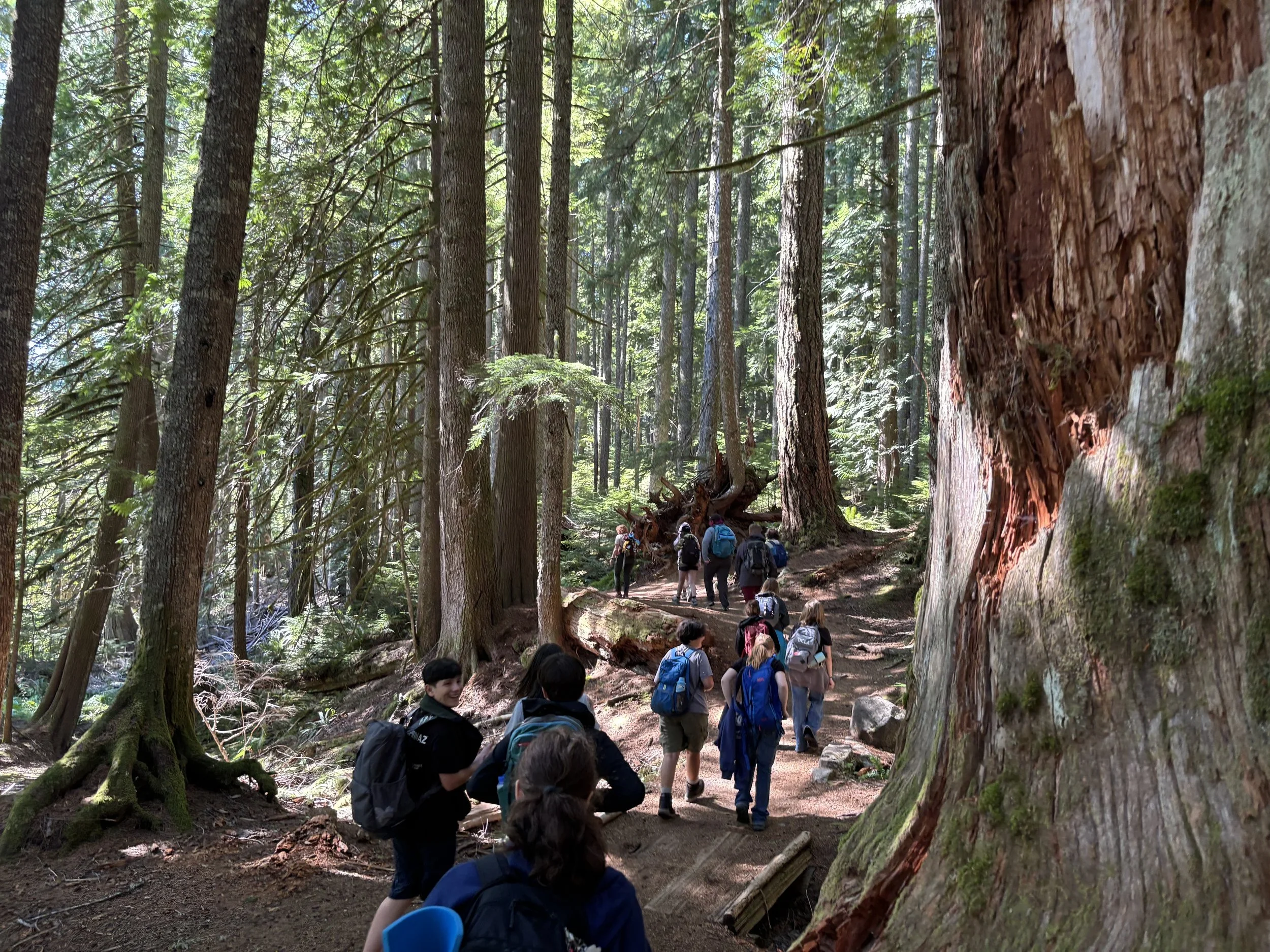
Primary Years Program
Grades 1-5
Our multiage Primary Years program provides a supportive environment where students develop foundational skills, independence, and a lifelong love of learning. It emphasizes a balance of guided instruction, inquiry-based learning, and collaborative opportunities, nurturing students as they grow socially, emotionally, and academically. We foster a strong sense of community where children feel supported to explore, take risks, and embrace challenges. Our focus on developing critical thinking, communication, and a growth mindset ensures that every child is empowered to thrive both within and beyond the classroom.
The Primary Years includes grades 1-5. Students spend two years in a multiage Grade 1/2 classroom and two years in a Grade 3/4 classroom. Grade 5 marks the culmination of the Primary Years and includes important milestones such as beginning to play a band instrument and completing the IB PYP Exhibition. During their time in the Primary Years, students will:
Primary Years students will engage in six units of inquiry each year of the program. Science and social studies concepts, as well as relevant math, literacy, arts, and movement experiences, will be incorporated into these units.
Grade 1/2 Units of Inquiry:
Cycle A: Human Body Systems, Toys and Games, Imagination, Light, Sound, and Heat, Food systems, and Conservation
Cycle B: Identity, Homes, Stories, Earth Systems, Communities, and Bugs
Grade 3/4 Units of Inquiry:
Cycle A: The Brain & Nervous System, Migration, Beliefs and Values, Solar System, Settlements, and Ecosystems
Cycle B: Health & Well-Being, Agents of Change, Stereotypes & Biases, Simple Machines, Supply & Demand, and Access & Opportunity
Grade 5 Units of Inquiry:
Adolescence, Evolution of Technology, Media & Advertising, Energy, Governments, and Conflict
Students engage in six units of inquiry that correspond to these Core Commonalities. Each unit of inquiry begins with a provocation, is developed through the students' own questions, and culminates in student-driven action in the service of our community. Units of inquiry are transdisciplinary, which means language, social studies, mathematics, arts, science, personal, social, and physical education are all integrated into the experience. Subjects that require discrete skill development, especially literacy and numeracy, are also taught and practiced as stand-alone curricula. Read more in this excerpt from the Family Handbook.


